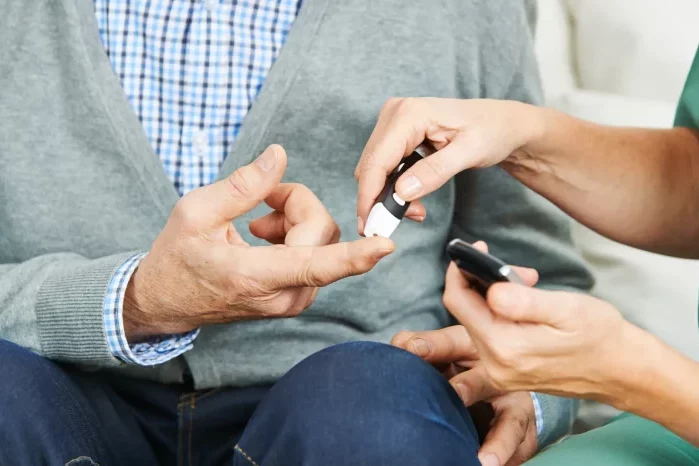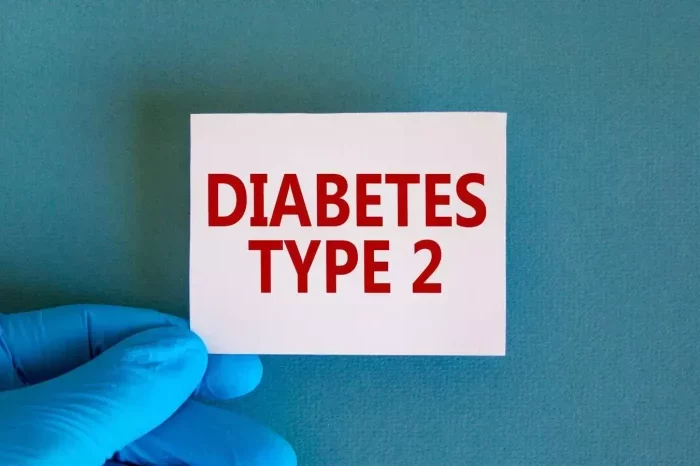Diabetes mellitus, a chronic metabolic disorder characterized by elevated blood glucose levels, affects millions worldwide, posing significant health challenges and economic burdens. Among the critical aspects of managing diabetes is monitoring blood glucose levels, which enables individuals to make informed decisions about diet, medication, and lifestyle choices. As a physician specializing in diabetes management, I aim to provide a comprehensive understanding of diabetic glucose levels, including thresholds for diagnosis, target ranges for optimal control, and the implications of deviations from these targets.
Diagnosis of Diabetes: Establishing Thresholds
The diagnosis of diabetes involves assessing fasting blood glucose levels, glucose tolerance, or glycated hemoglobin (HbA1c) levels. According to the American Diabetes Association (ADA), a fasting plasma glucose level ≥126 mg/dL (7.0 mmol/L) indicates diabetes. Additionally, a 2-hour plasma glucose level ≥200 mg/dL (11.1 mmol/L) during an oral glucose tolerance test (OGTT) or an HbA1c level ≥6.5% (48 mmol/mol) is diagnostic of diabetes.
It’s essential to recognize that these thresholds signify a point at which the risk of diabetes-related complications significantly increases. However, individuals with blood glucose levels slightly below these diagnostic thresholds may still exhibit impaired glucose metabolism, placing them at increased risk for developing diabetes and its complications. Therefore, early identification and intervention in such cases are paramount for preventing or delaying the progression to overt diabetes.
Target Glucose Ranges for Diabetes Management
Once diagnosed, individuals with diabetes must strive to maintain blood glucose levels within target ranges to minimize the risk of acute complications (hypoglycemia and hyperglycemia) and long-term complications (cardiovascular disease, neuropathy, retinopathy, and nephropathy). Target ranges may vary depending on factors such as age, comorbidities, and individual treatment goals.
For most adults with diabetes, the ADA recommends the following target ranges:
- Fasting Plasma Glucose: 80-130 mg/dL (4.4-7.2 mmol/L)
- Postprandial Glucose (2 hours after meals): <180 mg/dL (<10.0 mmol/L)
- HbA1c: <7% (<53 mmol/mol)
These targets aim to balance glycemic control with the risk of hypoglycemia, acknowledging that overly aggressive glucose lowering may increase the likelihood of hypoglycemic episodes, which can have serious consequences, particularly in vulnerable populations such as the elderly or those with comorbidities.
Interpreting Blood Glucose Readings
Routine self-monitoring of blood glucose (SMBG) plays a crucial role in diabetes management, empowering individuals to make timely adjustments to their treatment regimens based on their glucose readings. Interpretation of SMBG results involves understanding the context in which the measurements were taken, such as fasting, preprandial, postprandial, or bedtime readings, as well as considering factors that may influence blood glucose levels, including diet, physical activity, medication adherence, and stress.
It’s essential to recognize that blood glucose levels fluctuate throughout the day in response to various factors, and occasional deviations from target ranges are inevitable. However, consistent patterns of hyperglycemia or hypoglycemia warrant further evaluation and adjustment of treatment strategies to optimize glycemic control and mitigate the risk of complications.
Managing Hyperglycemia: Strategies for Correction
Hyperglycemia, defined as blood glucose levels above target ranges, requires prompt intervention to prevent acute complications and mitigate long-term risks. Strategies for correcting hyperglycemia may include:
- Insulin Therapy: Administering rapid-acting insulin to correct elevated blood glucose levels, particularly in cases of severe hyperglycemia or diabetic ketoacidosis.
- Oral Antidiabetic Agents: Adjusting the dosage or adding new medications to enhance insulin sensitivity, promote glucose uptake, or inhibit hepatic glucose production.
- Dietary Modifications: Restricting carbohydrate intake, choosing low-glycemic index foods, and emphasizing portion control to regulate postprandial glucose excursions.
- Physical Activity: Engaging in regular exercise to improve insulin sensitivity, facilitate glucose uptake by muscles, and lower blood glucose levels.
Individualized management plans should consider the patient’s preferences, lifestyle, and concurrent medical conditions to optimize treatment adherence and efficacy.
Preventing Hypoglycemia: Balancing Risks and Benefits
Hypoglycemia, characterized by blood glucose levels below target ranges, poses immediate risks such as cognitive impairment, seizures, and loss of consciousness, necessitating prompt intervention to raise blood glucose levels. Prevention strategies include:
- Regular Monitoring: Monitoring blood glucose levels frequently, especially before meals, exercise, and bedtime, to detect and prevent hypoglycemia.
- Carbohydrate Consumption: Consuming fast-acting carbohydrates such as glucose tablets, juice, or candy to raise blood glucose levels quickly in response to hypoglycemic symptoms.
- Adjusting Medications: Modifying insulin or oral antidiabetic medication dosages to minimize the risk of hypoglycemia while maintaining adequate glycemic control.
- Education and Support: Educating patients and caregivers about the signs and symptoms of hypoglycemia, appropriate response measures, and preventive strategies to empower them in managing their condition effectively.
It’s crucial to strike a balance between achieving glycemic targets and avoiding hypoglycemia, as overly aggressive glucose lowering may inadvertently increase the risk of hypoglycemic events, particularly in individuals with impaired awareness of hypoglycemia or those prone to recurrent episodes.
Conclusion
Diabetes management requires a multifaceted approach encompassing regular monitoring of blood glucose levels, adherence to individualized treatment regimens, lifestyle modifications, and ongoing education and support. By understanding the diagnostic thresholds for diabetes, target ranges for glycemic control, and strategies for managing hyperglycemia and preventing hypoglycemia, individuals with diabetes can optimize their health outcomes and reduce the risk of diabetes-related complications. As healthcare professionals, we play a pivotal role in empowering our patients to take control of their diabetes and lead fulfilling lives despite the challenges posed by this chronic condition.
Related topics:
What are Normal Random Blood Sugar Levels



























